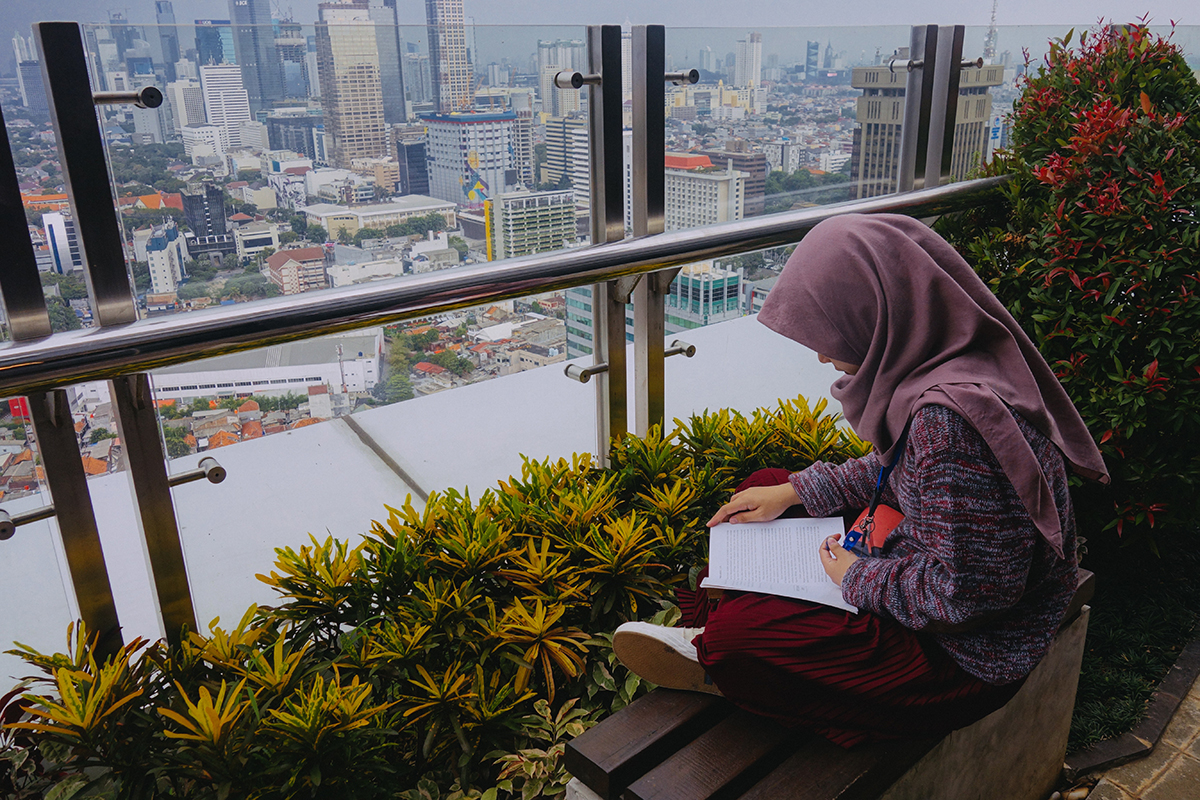Whether you are a parent, child, teacher or even a versatile traveler, you may experience culture shock. It might happen occasionally or every time you change countries.
What is culture shock?
It is a feeling of disorientation when you suddenly find yourself in a new country with a new way of life and an unfamiliar set of rules. It may start as a ‘surprise’, which leads to fatigue. It can even lead to severe emotional and/or physical issues.
What are the symptoms of culture shock?
You may feel or experience one or more of the following:
-
- Isolation/ disorientation: You either don’t have friends, or simply find no reason to go out with your colleagues. It could also mean that you cannot find your way around or the company you work for does not help with finding accommodation or paying bills.
- Sadness which can lead to depression: This is particularly relevant when the work contract you signed does not allow you to leave the country immediately and you have to deal with that situation for at least one year before you can make a move.
- Negativity/ hostility toward your environment: This is a feeling that no matter what they do, you just cannot find anything rewarding in being in your current country.
- That deep feeling of missing your loved ones beyond imagination: It brings you to tears every time you look at their pictures and you cannot stop sobbing for many minutes after speaking to them.
How culture shock can manifest
Here are some examples of culture shock I have experienced and I’m sure many people can relate to them:
- Clothing. If you come from a liberal environment, anything too conservative can be daunting. It goes the other way around, of course. If you come from a conservative country, visiting a beach on the Mediterranean coast can make you stand out like a sore thumb. Taking your shoes off when you enter a house, a temple, etc., as opposed to not taking your shoes off in many Western countries, is another example.
- Food. I remember my friend coming from the US to Spain asking me for a particular food, which we just couldn’t find in Spain. In my mind it was puzzling how she’d crave that, with all the amazing Mediterranean cuisine has to offer. She left the country after just 8 weeks. How about not knowing what you eat at all, as such food does not exist in your country at all. Some of us are brave and adapt, but there are some of us who need their ‘beans on toast’ to give them a sense of control over the situation.
- Language. I think most travelers are used to dealing with people who don’t speak a word of their language. I do think that when the school you work for offers no help at all, that’s when things get complicated. The logistics are the first and most important things to cover if you want happy, relaxed teachers. It goes also for companies which bring in expats- husbands go to work and the wives are the ones left to find the best doctor, the best school, the way to pay bills, where to shop, how to use public transport or where to find a driver. When we visited China, we didn’t know that unless you had things written in Chinese, no one would understand common names of brands, despite the fact that they were displayed in English everywhere. It took me 45 minutes, with a 3-year-old sleeping on my shoulder to find a taxi to take us to Marriott Hotel. The name of the hotel was lit at night and clearly displayed in big letters across the Beijing concrete jungle, yet no one understood either hotel or Marriott.
- Hygiene. To use or not to use toilet paper??? What a debate! Or so I thought! Flushing the toilet or use of a basket? Sneezing, spitting, blowing your nose in public, a long nail on the pinkie, use of paper bins are all examples of cultural differences.
- Queuing. This happens in so many circumstances I don’t even know where to begin. The simple act of queuing, or shall I say not queuing, gets me everywhere I go.
- Pets/animals. Are pets family? Should they be allowed to poop on the street? Should they be kept on a chain to guard your house? Should you go riding on elephants, donkeys, horses, ponies or camels when you visit wonderful touristic attractions? Aren’t you helping the poorer of the country if you do so?
- Rituals. Whether bizarre or beautiful, religious or not, rituals can make us feel different. To the country we are in, they may feel special, but to you it may just widen the cultural gap. I think that when we just visit a country, we tend to admire everything going on in that country, but things may change when you actually have to live there. I remember my first time working in the ME, when I had to stop speaking when the call to prayer started. In other Muslim countries, that doesn’t happen. When all my students shushed me to stop speaking, I felt embarrassed, confused and disapproved in their eyes.
- Politeness. How you greet people, the words you use, handshake or not, looking one in the eye or not, touching/hugging/kissing, all of the differences can be exasperating. I remember receiving a prize in front of a large crowd and the person who gave me the trophy refused my handshake because I was a woman. Those few minutes of confusion and quick discussion left me very disoriented.

How can you manage culture shock?
- Before you move, learn about the culture you’re moving to.
- Work for a school/company that prepares you and supports you if the culture is very different.
- Learn a few words, how to say hi and bye and a few dos and don’ts.
- Stay positive and think about how much you can gain from living in a different country.
- Talk to a well-being specialist, a psychologist and/or a doctor if you feel like you can no longer cope.
- Talk to your company and/or school and find out what support is available.
- Go out, explore, make friends, have get-togethers and make play dates.
- Join clubs, gyms, PTAs- anything to give you a reason to look forward to the next morning.


